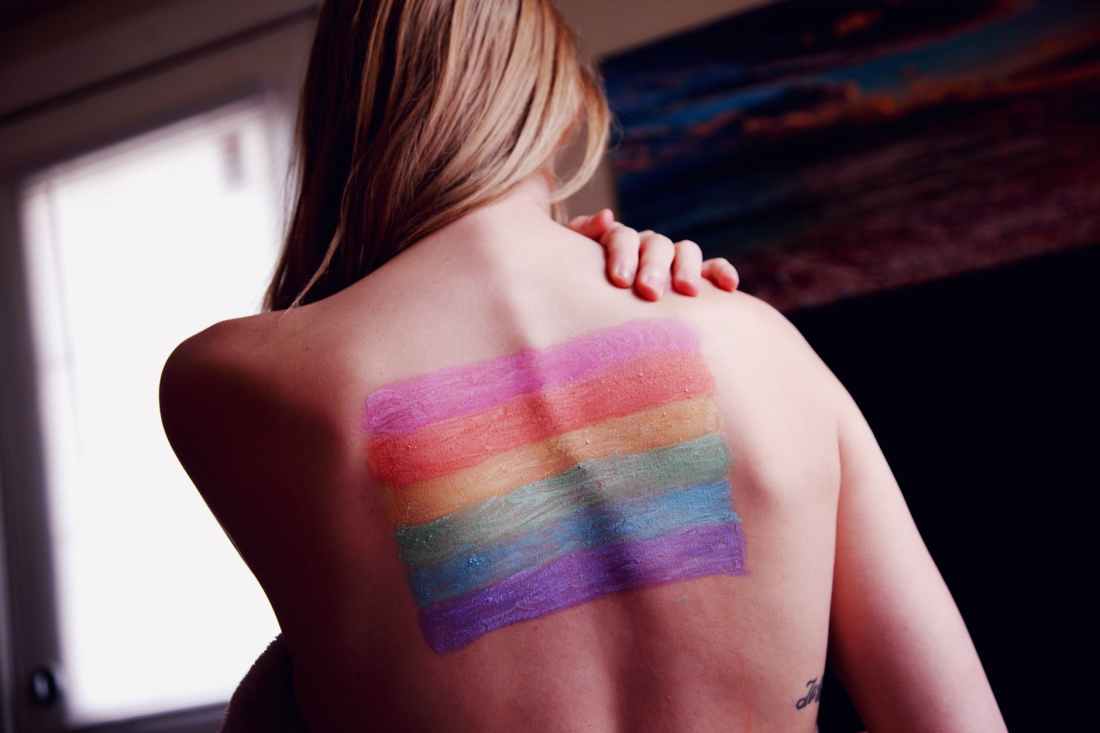
I turned 50 yesterday, and celebrated by avoiding social media.
Nevertheless it has been impossible to avoid the current swirl of toxic debate on #transphobia and #jkrowling’s objections to being called a ‘menstruator’. So I thought, after a much saner debate with my eldest child on feminism and transgender issues, I would share my thoughts on contemporary feminism after 30 years as an academic and activist.
Like many women, I came to feminism as the survivor of violence: domestic violence as a child and rape as an adult. I was studying law at the time, and as a rape survivor I knew both academically and experientially that the legal system was stacked against me. Feminism, in fact, was the only political and academic ideology that didn’t blame me. And that grounding has always informed my feminism. And this unites most feminists: whilst it is a broad church, we all agree that violence against women and girls is rooted in patriarchy and never, ever excusable.
The thing I have realised in an increasingly polarised debate over sex versus gender is that I don’t agree with either the more radical gender critical feminists or the radical transactivists. I don’t think the evidence stacks up completely on either side – and in fact, that makes sense. Carol Smart always warned us about the dangers of ‘grand theorising’ in feminism: of attempting to find a grand, overarching theory of everything that would explain women’s oppression.
So, on the one hand, some of women’s oppression is rooted in sex. We can see this most clearly in issues like female genital mutilation, forced marriage, childbirth and healthcare, menstruation and period poverty: and more recently in other areas where biological sex matters, such as sports. The physical and material reality of female bodies is a source of our oppression and what unites us as a class is our need to overthrow that oppression.
But sex is clearly not the only source of women’s oppression. Much of it comes from gender: from the socially constructed norms that are linked to sex. Put simply: female people giving birth is biology; female people caring for young children, and the fact that that is undervalued is gender. Female people generally being smaller and less strong than male people is sex: the fact that female soccer players play in single-sex teams who are underpaid and undervalued compared to male teams is gender.

So my non-binary eldest child asked me what my solution would be. When I told them my answer they asked me to write this blog so it’s clear to other people.
To me, the main problem with the transgender issue is not the complex ideas about sex, gender, identity, rights and oppression that are happening in ongoing debates and conversations in feminism and activism. That’s the nature of feminism: it is a broad church, it constantly re-evaluates the evidence and the theory and constantly questions established and accepted norms. The main problem is that the debate itself has become binary, emotional and dangerous.
At the moment, it appears that you can either be a full on ‘TERFS must die’ transactivist OR you can be a ‘gender critical all men are rapists’ feminist. There is no middle ground. As soon as you question the orthodoxy of either of these positions you are cast out into the other position, regardless of your own beliefs, material reality or experiences. As a rape and domestic abuse survivor the violence that is threatened and perpetrated against women questioning the trans orthodoxy horrifies me. But as an intersectional trans ally, the tired tropes of self-identifying transwomen being rapists waiting in single sex bathrooms to prey on girls also horrifies me. As a feminist, ANY gender orthodoxy that is tribal horrifies me – and it should horrify all feminists. Gender orthodoxy is a very powerful tool for the patriarchy to continue our oppression, often with our own collusion.
As I said above, sex-based oppression is real, as is gender-based oppression. The fact that I – along with 1 in 4 women, and many transwomen and gay men have been abused, assaulted, raped and traumatised, and in 98% of cases the perpetrators were men is gender based oppression. It is, sadly, a shared experience. It’s why I went on my first Pride march at 18. It’s one of the many, many reasons we need to get rid of the patriarchy and make the world safer for women and men. The fact that transmen feel excluded from period poverty campaigns aimed at ‘women’ and face violence from men because they have female bodies is gender-based oppression. Placing criminal transmen in male prisons means they will be at risk of violence from men because they have female bodies. This is due to patriarchal values which teach men than violence towards women is an acceptable way of creating and maintaining power over them. Fighting this oppression should create allies instead of enemies because inequality hurts us all, often very graphically and physically.
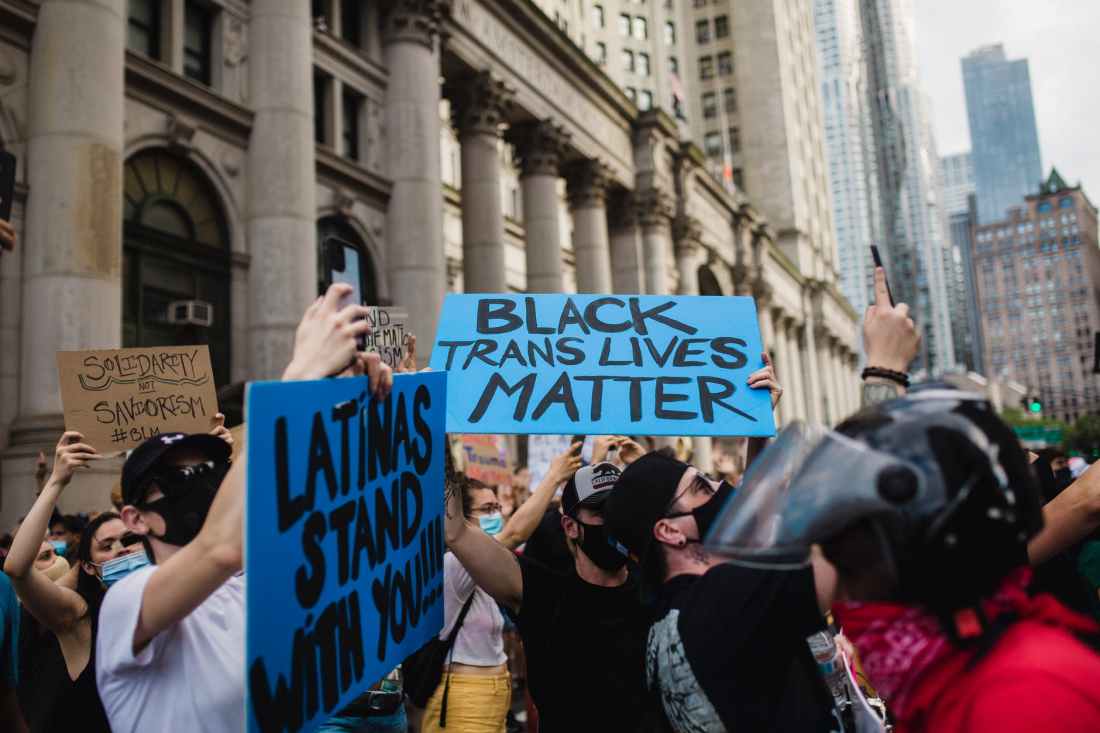
It is this joint experience of gender-based oppression that initially drew me to being a trans ally. At the time, I didn’t really realise what a privileged position that meant I was in. Even as a rape survivor being around male bodies doesn’t trigger me. I am very happy for any ‘single sex’ spaces to include people who are biologically male, it costs me nothing and doesn’t threaten me. But as a woman in a happy 28 year old heterosexual relationship, I am very unlikely to ever need to use a domestic violence shelter. I might. The presence there of male bodied people wouldn’t be a problem for me. But it might well be for other women. And I am pretty damned sure it is abusing my privilege if I insist that those women have to accept a situation that they genuinely experience as threatening.
Similarly, as a middle class woman I am unlikely to end up in prison. Again, I might. Even if I did, having other people there with male bodies would not be much of a threat to me, personally, any more than having violent people with female bodies would be (that is to say, both would be threatening). But to other traumatised women, often the victims of male perpetrated violence, the maleness of a physical body could be experienced as very threatening. Who am I with my privilege to tell those women that their fears are unacceptable? No-one, that’s who. No feminist ever has the right to tell a woman that her material reality based on her experiences and fear of violence is not real or not valid. Ever.
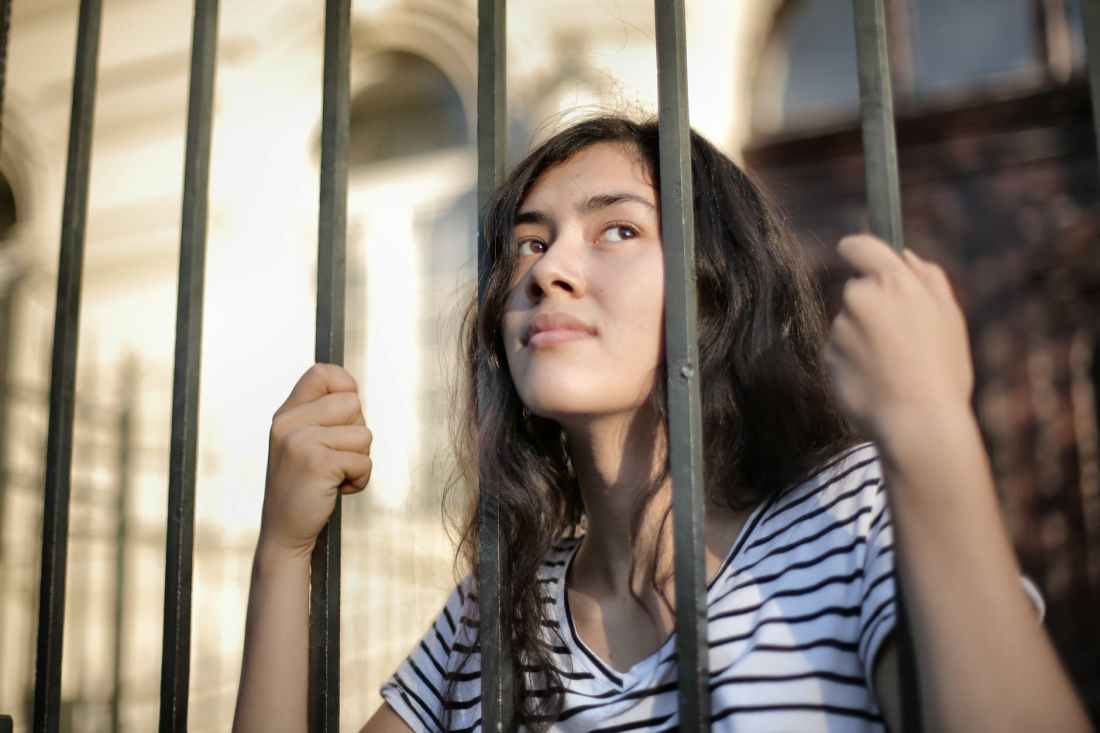
It seems to me that the reason the transgender debate has become so polarising is not just that we have forgotten that compassion and empathy for experiences that we might not share should be the root of our feminism. It is that it has been framed as a binary debate. This is based on the – to my mind false and damaging – idea that gender, like sex, is binary. That you either have your sex and gender line up, in which case you are cis, or your sex is the opposite of your gender, in which case you are trans. These are binary exclusive categories that means that there will forever be competition for identity, for resources, and for things like physical and legal protection. Like it or not, saying transwomen are women and deserve exactly the same rights and protections as women born female is potentially threatening some of those hard-won sex-based rights.
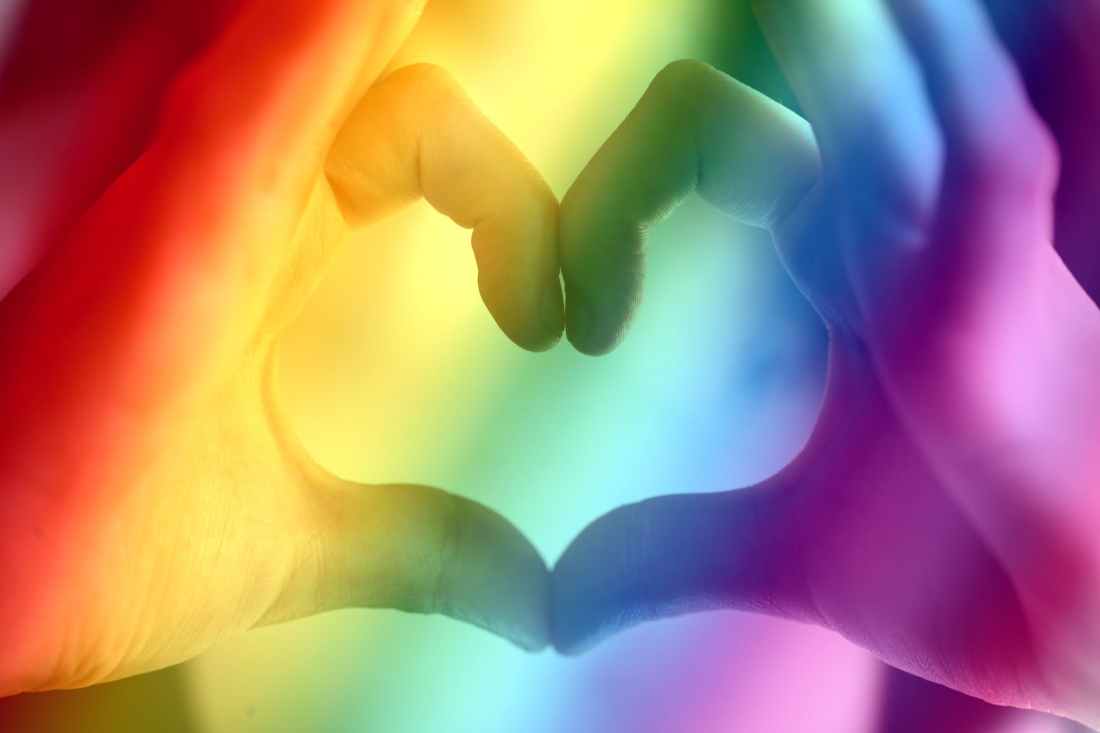
If we take an empirical approach and actually look at the evidence, it doesn’t support a strict binary division. Yes, sex is binary apart from rare intersex conditions. But gender identity and gender based oppression quite clearly are not binary. As a White bisexual cis disabled woman, my experience of gender based oppression is highly contingent on the fact that I have been raped, I have had children, I have experienced menstruation and menopause, I have been a parent and a carer, I am disabled and so on. The material reality of my sex is binary, but my sexuality is clearly not binary, nor is my experience of being both a carer and a cared for person, nor, as a White person with Jewish family, is my experience of the intersectionality of race and gender. It is all very complex.
And yet, as young people and teenagers are exploring their own identities, where they fit in the world, and who their tribe is, they are at the moment constantly being asked to make binary choices. Are you Black or White? Gay or straight? Cis or trans? Sane or mad? Arts or sports? Goth or metal? Scottish or British? Rich or poor?
I was lucky. I was Gen X. Boomers didn’t care and millennials hadn’t come along yet. We were free to explore our identities. Boy George could be gay and have gorgeous skin and be a man. Annie Lennox could sing like a soprano angel and look like a gay robot. David Bowie, Prince, Madonna and countless other cultural icons constantly blurred the edges of gender and sexuality and empowered us to do the same. Our fight was about sexuality and the right to be gay or straight or anything else, not about whether to be a man or a woman. Some of us emerged from our young adult years clear about our identity and tribe, and some were still confused. But almost all of our choices were flexible and non binary.
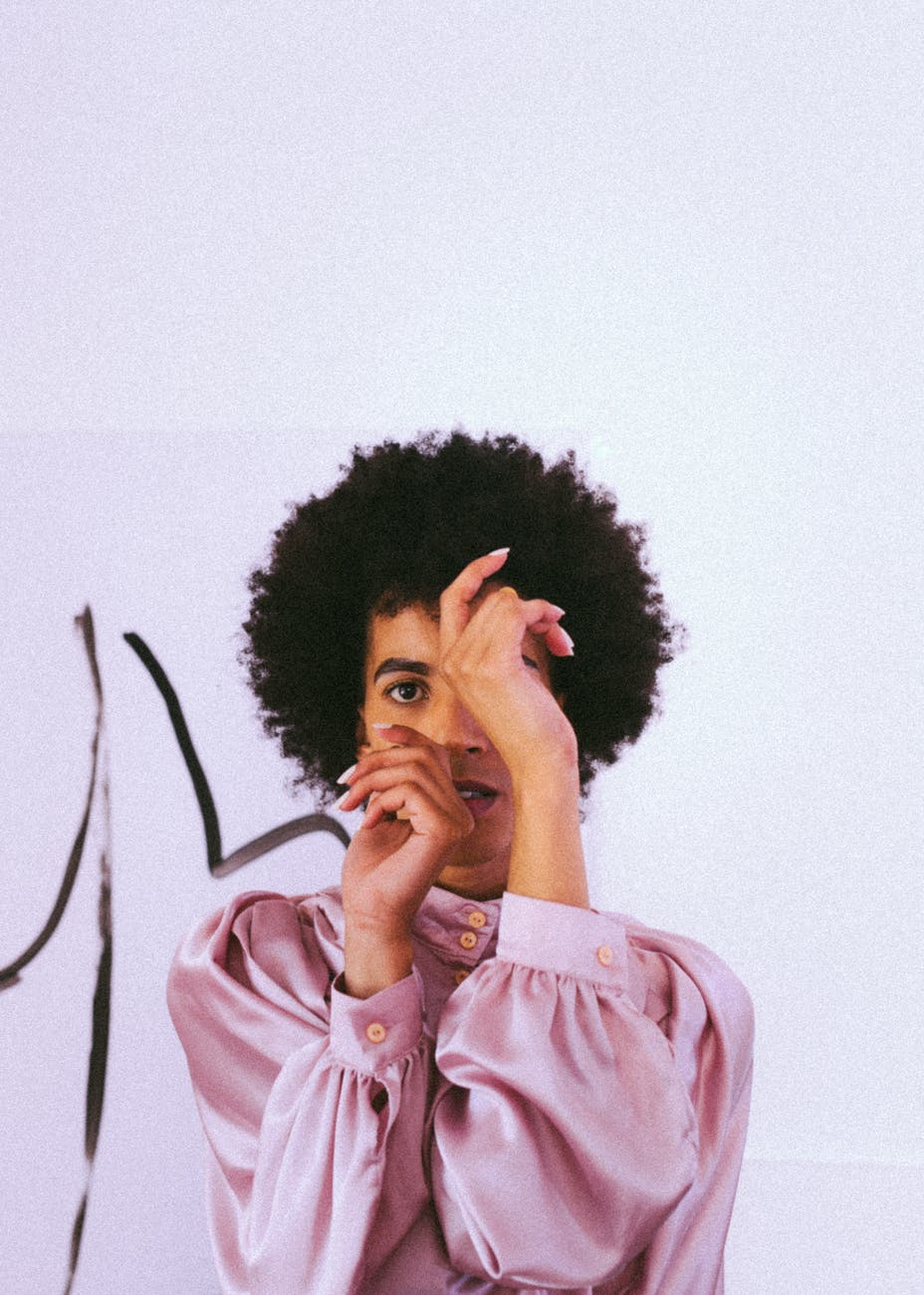
Now it seems that choices over gender identity are being made constrained and binary, in a patriarchal world where gender is socially constructed, and the value of men and women are unequal. In this bifurcated system, everyone is pitted against each other, rights and protections are finite and it’s a zero sum game: therefore, giving rights to transwomen who are not biologically female takes them away from women who are biologically female.
But what if we looked at the reality of lived experience and gender oppression? We would soon see that binary distinctions are often meaningless and unhelpful. Intersectionality has taught us that it is not just being female that oppresses women: class, ethnicity, disability, care, age and many other factors affect the experience of oppression. It should also teach us about the dangers of binary approaches to gender and gender identity. Women have sex-based protections because many of the oppressions they face are sex-based. But many oppressions are gender based. Transwomen in particular are facing multiple oppressions. Rejected by some feminists because their biology does not match their gender identity, rejected by some sexuality activists because their same-gender attraction does not equal same-sex attraction, rejected by mainstream culture and society because they do not fit in any binary approach, they are subject to violence and exclusion from all sides.
To me as an intersectional feminist the solution appears to be that we need to include non-binary people as a protected category under the Equality Act. Instead of forcing a group of women who feel threatened by male-sex people claiming to belong to the category of ‘woman’ rather than ‘man’ to accept that definition, we should accept that there are many people, particularly young people, who do not fit either. Some may well be transwomen on the process of transitioning and making a permanent decision about wanting to be and live as a woman. Some may not. Some may be transmen in the process of making a permanent commitment to living and identifying as a man, some may not. Some may wish to make themselves as close to possible to being biologically female or male, some may not. Some may end up deciding they are same sex attracted rather than trans, or are both, and some may not. Some may choose to permanently reject binary gender categories and stay non-binary, and some may not. The point is, all of these people deserve rights and protection, and we need to offer it without threatening the sex-based rights and protections that are already there for a good reason.
So there you have my position on one of the current issues facing feminism. Sadly for all of you who would wish us to stick to our opposing camps and refuse to associate with the other side, I am neither a TERF nor a radical transactivist. Sex is real and sex-based oppression is real, but so is gender and socially constructed gender oppression. Both types of oppression are caused by patriarchy and a society where this didn’t happen would benefit everyone. Nothing ever, ever excuses actual or threatened violence, particularly against women or girls. And we need to stop being so bloody in/out and tribal about our feminism. We can include (nearly) everyone in the sisterhood.
You can disagree with me and still be a feminist and still be my sister (or brother or sibling if you prefer) and I will fight and die on the hill for your right to do so. As long as there are hugs and gin and compassion on that hill, everyone is welcome. I will never ever silence, or condone the silencing of any of you. And I have no desire whatsoever to live in a little tribal bubble and throw anyone out who disagrees with me, because how on earth do we move forward if we aren’t constantly listening, arguing, and learning? I am an intersectional, complex, fifty year old feminist and proud of it.
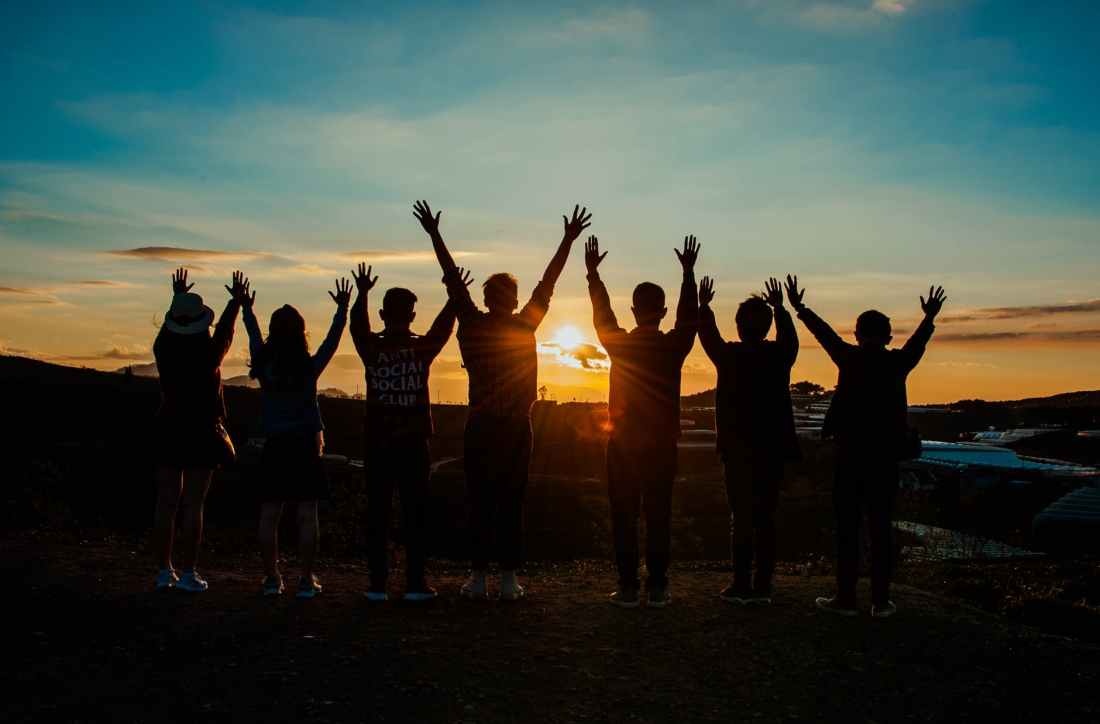
See my latest short video on care and #covid19 here
“Intersectionality has taught us that it is not just being female that oppresses women”.
True. Absolutely. But sometimes, even often, it is just being a woman that is enough. Enough to get us raped, enough to get us maimed physically & psychically, enough to get us killed. Slaughtered even. And enough to get women mocked even after all of that. Even after we are dead.
And I am genuinely sorry if this sounds to some people, women as well as men, to be an extreme statement. But what becomes of us, for just being a woman, without anything more, is extreme. Let alone anything more.
One is born a woman, and one becomes a woman, and what becomes of women is not what we deserve for being woman.
NB To say this is not to take anything away from the force of intersecting forms of oppression. (Women always have to add that part, where is it (rightly) assumed when others speak of one aspect of oppression, because just being a woman is never enough authority to speak.
LikeLike
Ahhhh thank you. I’ve felt so confused, like how can I be on both sides of this extremely contentious debate?! – but you’ve articulated it.
LikeLike
Happy birthday.
You have a wonderful son and a wonderful spirit.
See you in that hill some day perhaps.
LikeLike